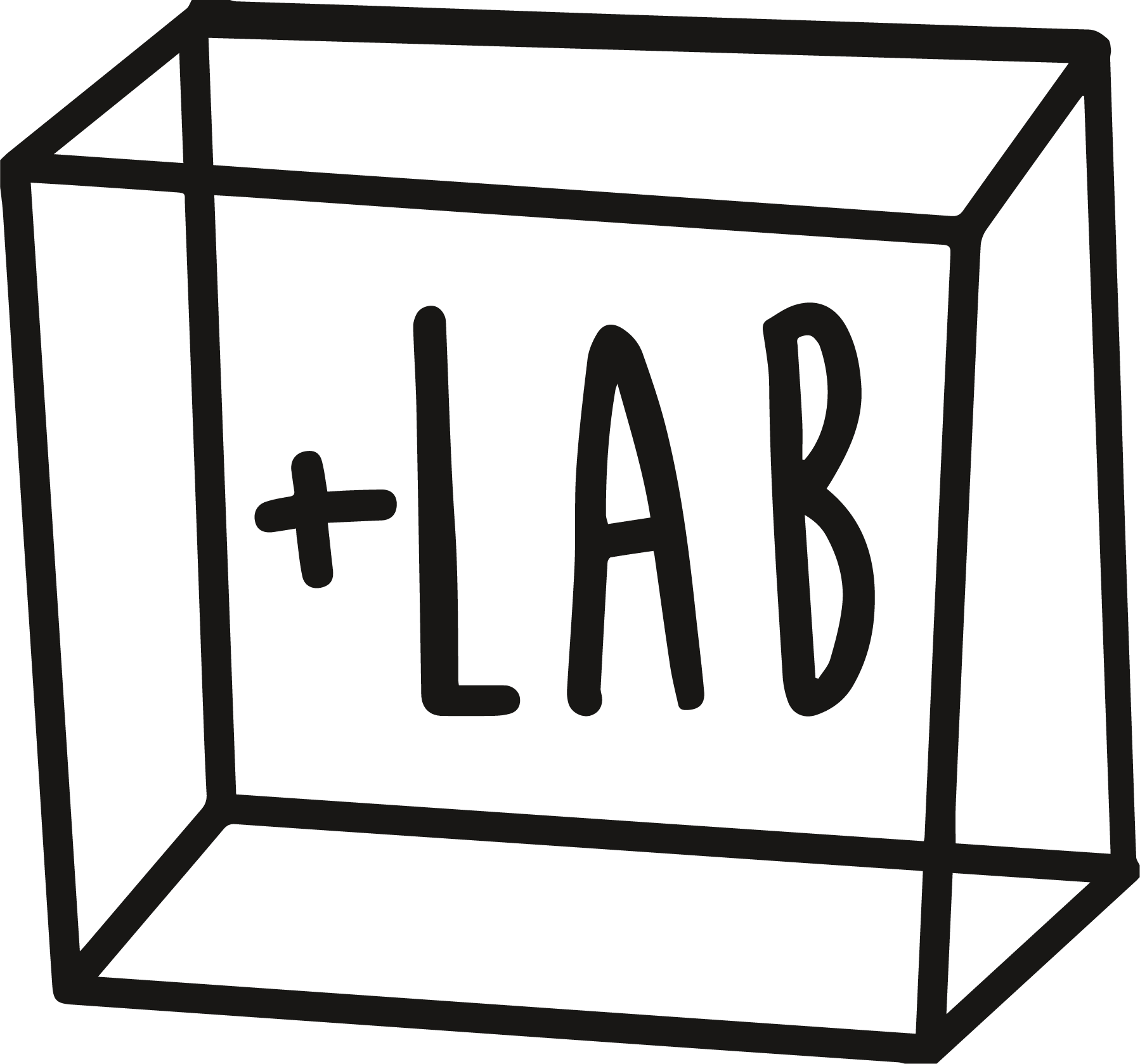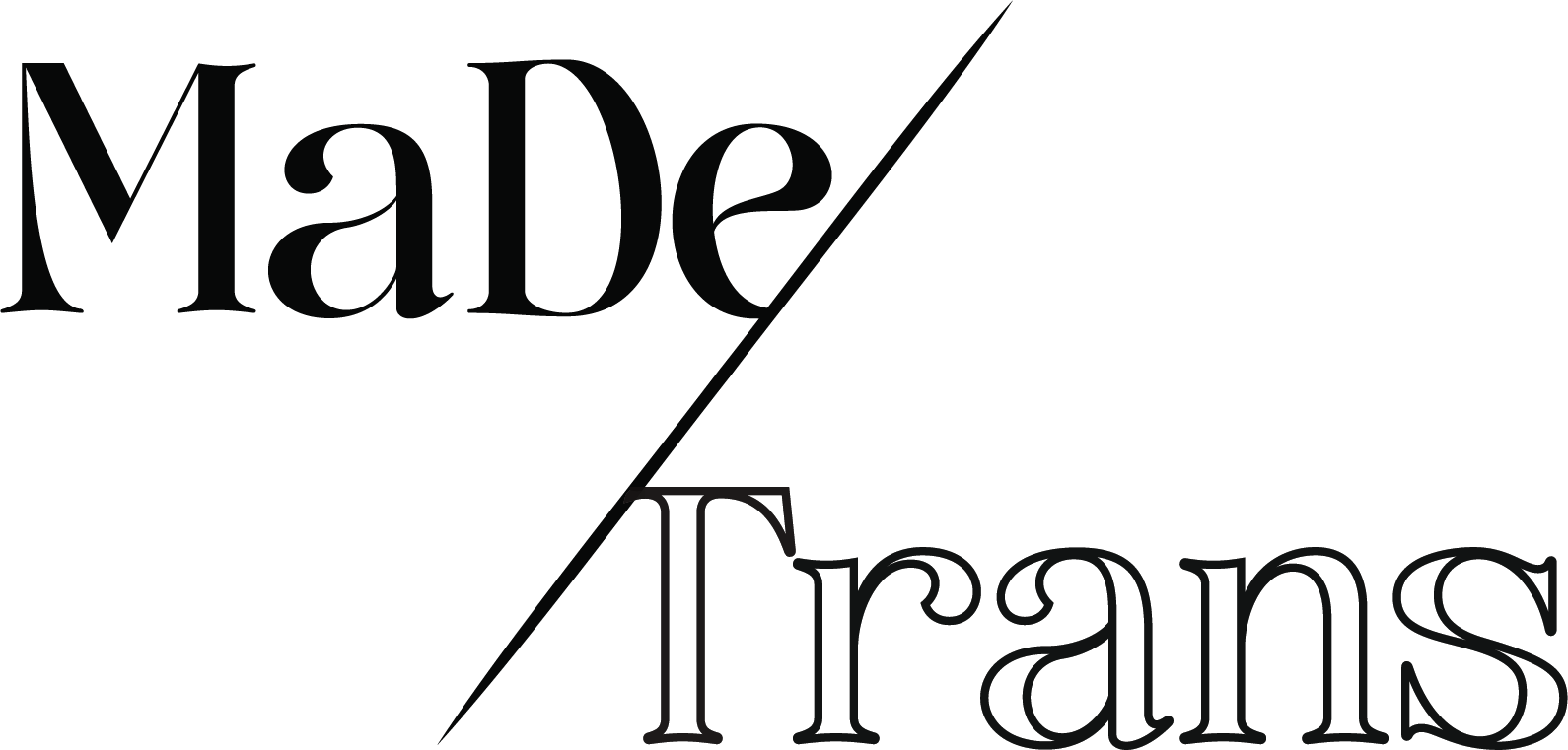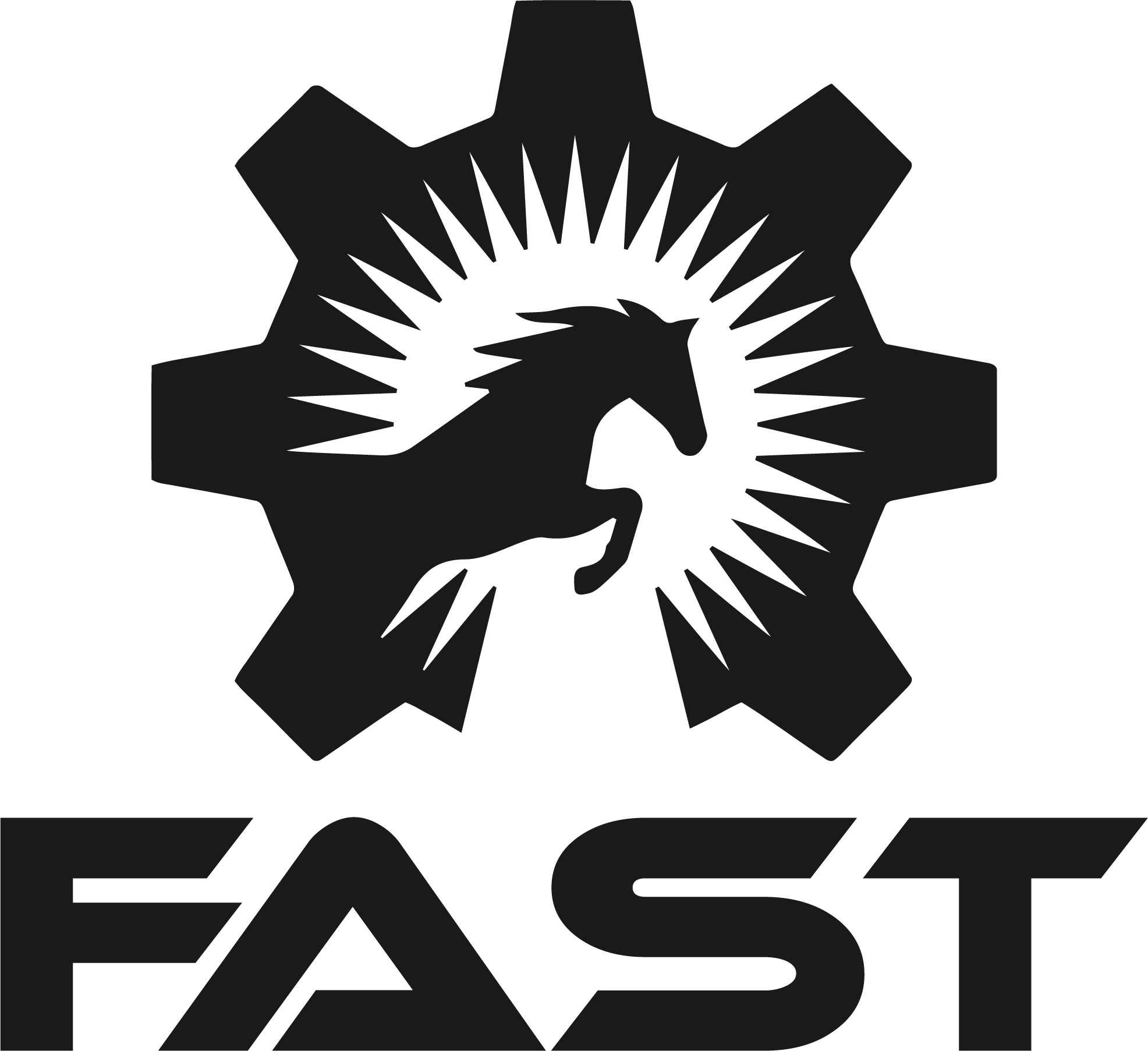About
RepMat.
Replicating Materials Library.
The name, RepMat, is an explicit inspiration of the RepRap project, Replicating Rapid prototyper. This initiative aims to make accessible and freely available self-replicable Open-source 3D printers.
In the same way, RepMat wants to democratize materials and technological knowledge (and experience) by sharing experimentations, results, and possible real exploitations dealing with circular materials and digital fabrication tools. Inspired by the Makers’ community, RepMat encourages connections at a glocal (global+local) level, acting as a distributed network linking local communities working on these topics, such as research labs, makerspaces, and studios.
RepMat aims to provoke the audience of this library by highlighting the role of dissemination and knowledge transfer in fostering the use of emerging sustainable practices, as well as the development of new ones.

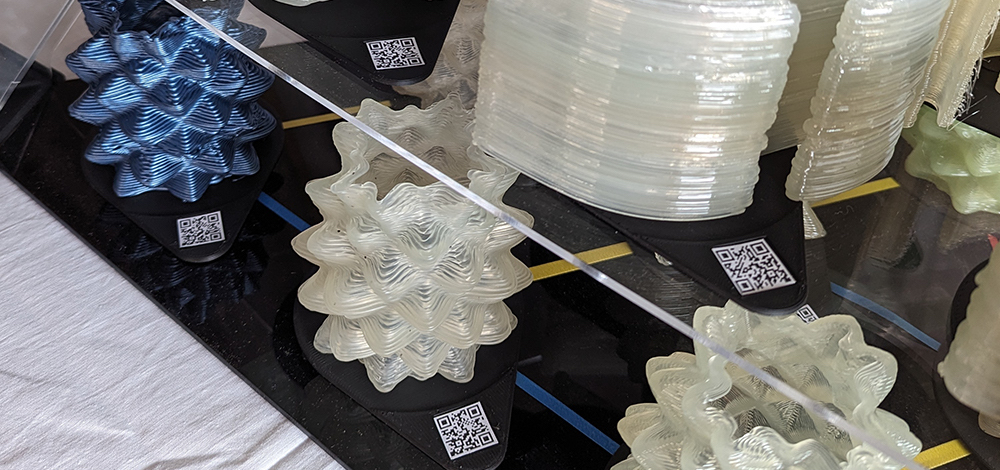
RepMat.
Materials Library System.
As the name suggests, RepMat derives from the concept of “Materials Library”, which means physical collections of material samples to be used during the design process of new products or artifacts.
RepMat is also a system-oriented experiential tool made of two main parts: a Physical Library and a Virtual Library. The first part collects flat samples, cut-offs, and possible applications, whereas the second part comprises intangible contents such as technical data, information, pictures. The two parts are designed to be used together and are linked in their structure. However, they can be used separately, for example to familiarize with the topic.
RepMat is an open source:
-
PhysicalandVirtualexperiential tool, merging the two tangible and intangible use modalities to support the whole experience and knowledge transfer. -
LocalandDistributednetwork, linking local communities and users in global virtual networks. -
AccessibleandParticipatedenvironment, sharing materials knowledge and encouraging practical actions, as well as collaborations between users.
Do you want to know how it works? Check this link!

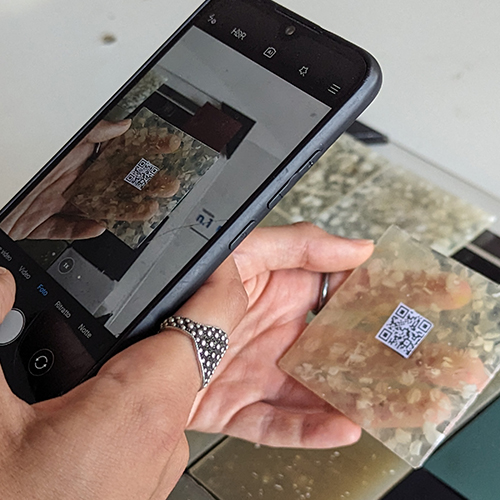

RepMat.
A growing Project.
The contents of RepMat, as well as its concept, are part of the Ph.D. research of Alessia Romani, supervised by prof. Marinella Levi and prof. Valentina Rognoli. The Ph.D. dissertation, entitled “Circularity by design, materials and additive manufacturing: fostering sustainable and circular materialities enabled by additive manufacturing”, is available at POLItesi, the Digital archive of PhD and post graduate theses.
The doctoral research was mainly conducted at the Department of Chemistry, Materials and Chemical Engineering “Giulio Natta” and Design Department of Politecnico di Milano (Milan, Italy) at +LAB and MaDe/Trans. Part of the work has been held in the Department of Electrical and Computer Engineering of Western University (London, Ontario, Canada) at FAST Lab.
The idea of a Materials Library System derives from the work of Alessia held within the Horizon 2020 European Project FiberEUse “Large scale demonstration of new circular economy value-chains based on the reuse of end-of-life fiber reinforced composites”. The Materials library of this project, FiberEUse Library, can be considered as a previous step in defining the concept of the RepMat Library, sharing similar structures and taxonomies in their parts. For this reason, the FiberEUse library is considered as an important milestone in reaching the current version of RepMat.
RepMat should be intended as a growing experiential tool to be redefined and improved through use and in a collaborative way. The physical part can be freely replicated within fablabs, makerspaces, studios, and educational institutions by following the principles of open source and open design, giving the credits to this project. In addition, these results can be also added and shared in this virtual part of RepMat to support this work and help other users, sharing new knowledge.
Visit the Join Us section of this website for more information and knowing how to participate to this project.
RepMat.
Certified Open Source Hardware (OSHW).
Since December 2024, the RepMat Library is an Open Source Hardware Educational Tool certified by OSHWA (Open Source Hardware Association) and released under the CERN-OHL-S-2.0 (hardware and documentation) and GNU General Public License (GPL) 3.0. (software), Certification number [OSHW] IT000018 Certified open source hardware oshwa.org/cert.
The OSHWA certification is provided to projects that comply with the community definition of open source hardware, a “physical object whose design has been released to the public in such a way that anyone can make, modify, distribute, and use them”. For more information, visit the OSHWA Certification website.
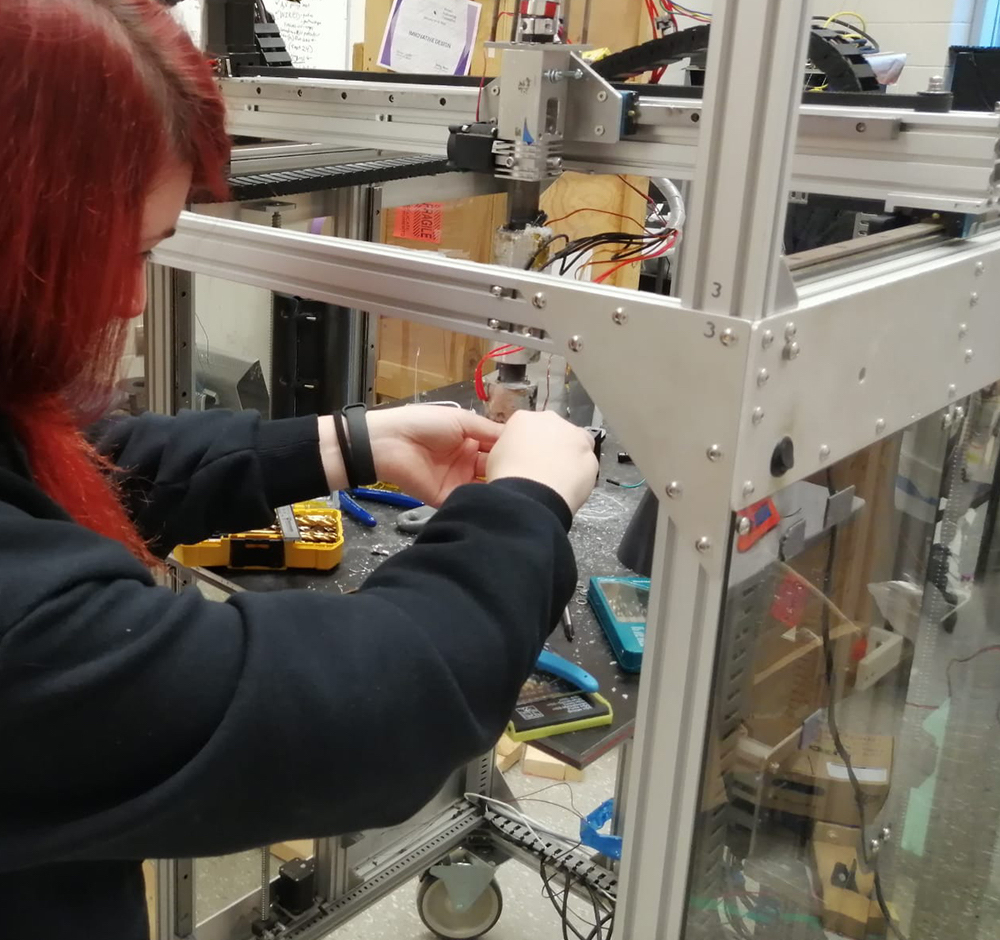
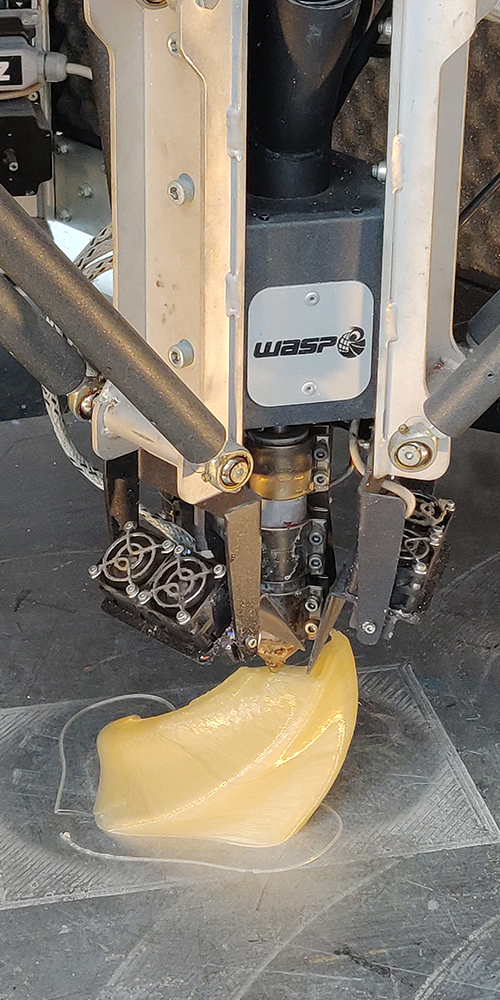
RepMat.
Contributors and acknowledgements.
Special thanks to:
- Contents contributors (samples, tests, applications): Juan Sebastian Barrera Cely, Lorenzo Perusin, Martina Paramatti, Davide Teruzzi, Giulia Riccardi, Davide Negri, Luca Guida.
- Supervisors (research activity): Marinella Levi, Valentina Rognoli, Joshua M. Pearce.
- Supervisors (materials library development): Marinella Levi, Valentina Rognoli.
- Consultants, technical assistance, and support: Mattia Ciurnelli, Aliaksei Petsiuk, Gianluca Pugliese, Ravneet S. Rattan, Giulia Riccardi, Romano Romani.
- Companies and institutions: FAST Lab (Western University), SuperForma Srl, Wasp Srl, Il Bullone, CoffeeFrom Srl, LowPoly SL, Re:3D.
- Materials and institution suppliers: Nexeo Plastics, Italian Leather Research Institute, University of Palermo, University of Salerno.
- Other funded-projects connected to part of the contents (samples, tests, applications): FUTUREVAL-PPE: FUnctional Technology Unlocking REcycling and VALorization of Personal Protective Equipment production scrap and waste (PRIN 2022 program, Italian Ministry of University and Research); SOLARIS: Sustainable Options for Leather Advances and Recycling Innovative Solutions (MICS - Made in Italy Circolare e Sostenibile, 3A-Italy PNRR extended partnership NextGenerationEU - Italian Ministry of University and Research).
- Associations and institutions (certifications): OSHWA (Open Source Hardware Association).
Research Labs/groups:
